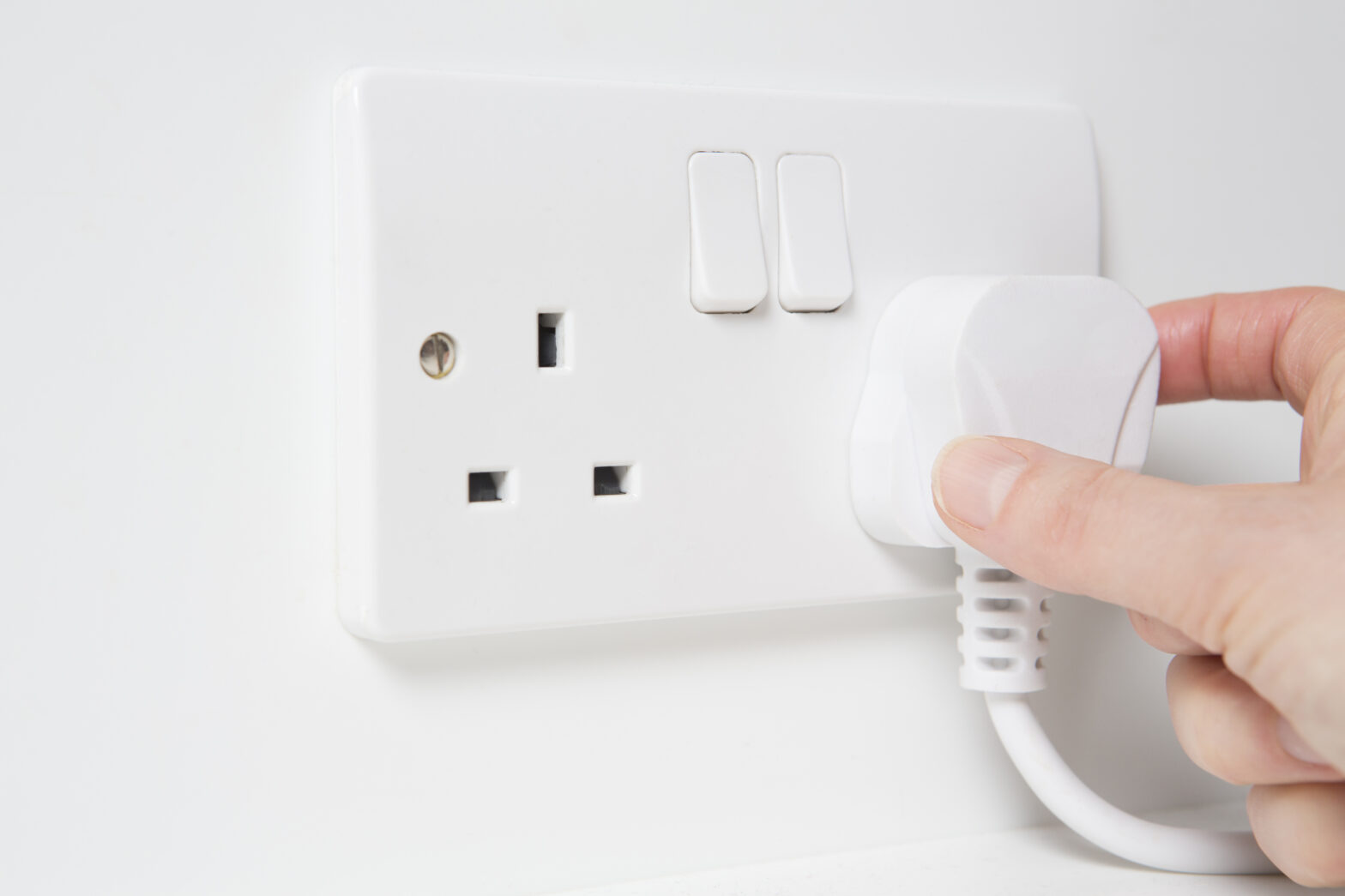Many small business owners readily compare their gas and electricity costs when it comes to their home, but forget to keep on top of their business energy supply due to frantic workloads.
Although it is often all hands on deck within small businesses, especially during the start-up years, it’s important not to fall into the trap of assuming that your supplier will maintain good deals and prices.
With the Competition and Markets Authority (CMA) saying that micro-business customers of the ‘big six’ energy suppliers could have saved £230 million a year in each of the financial years between 2007 and 2014, it’s well worth ensuring that somebody in the business is responsible for regularly reviewing and, if necessary, switching to the best deal.
Ben Wilson, spokesperson for Gocompare.com Business Energy says, ‘It can take just a few minutes to run a quick comparison and inform the provider that you’d like to switch. Although people may be put off by the thought of all the red tape and admin that comes with the change, this is usually handled completely by the providers so you actually have to do very little to save what could be a significant sum.’
Jason Smith, who runs the daily operations of website Business Electricity Prices, says that the average unit cost of electricity for small businesses has risen from 8.3p/kWh in Jan 2011 to an average 11.44p/kWh today, an increase of 38 per cent. In the two years before that, the costs rose by 70 per cent.
It’s a cost businesses take seriously, however most don’t do anything about it. Two thirds (64 per cent) of SMEs recently surveyed say they’re not going to switch in the next 12 months, mainly because they appeared happy with what they had.
‘The majority actually attempt to save money through energy efficiency measures rather than take a couple of minutes to compare their tariff against what’s available in the marketplace,’ Smith says.
Full-on efficiency could save up to around 20 per cent on a company’s energy bills, but changing contracts could save a business up to 65 per cent if they’ve never switched, Smith argues. ‘Simply taking an energy renewal price sees an instant increase of around 30 per cent. Why put up with that, where standard tariffs are always cheaper than renewal prices?’
It seems it’s a necessary evil, and SMEs put up with the status quo. Most contracts only last one year, so there seems to be no reason not to switch.
‘So although many place energy as an obstacle to running a business, and let’s face it, it’s a large cost, most don’t bother comparing prices and choose costly energy efficiency investments instead,’ Smith adds.
The cost of energy can extend to more than just gas and electricity supply. Brian Lonsdale, managing director of Smarter Digital Marketing, says that his building’s boiler broke down, meaning the company had to help cover the cost of a new biomass boiler.
It was a cold winter night and the pipes had frozen; this cause the boiler to malfunction which ended up costing thousands of pounds to put right, Lonsdale says.
‘We didn’t expect to have the costs of a new boiler on our hands. I think that its always a great plan to have a backup plan for your energy systems as one day it could break down out the blue,’ he adds.





